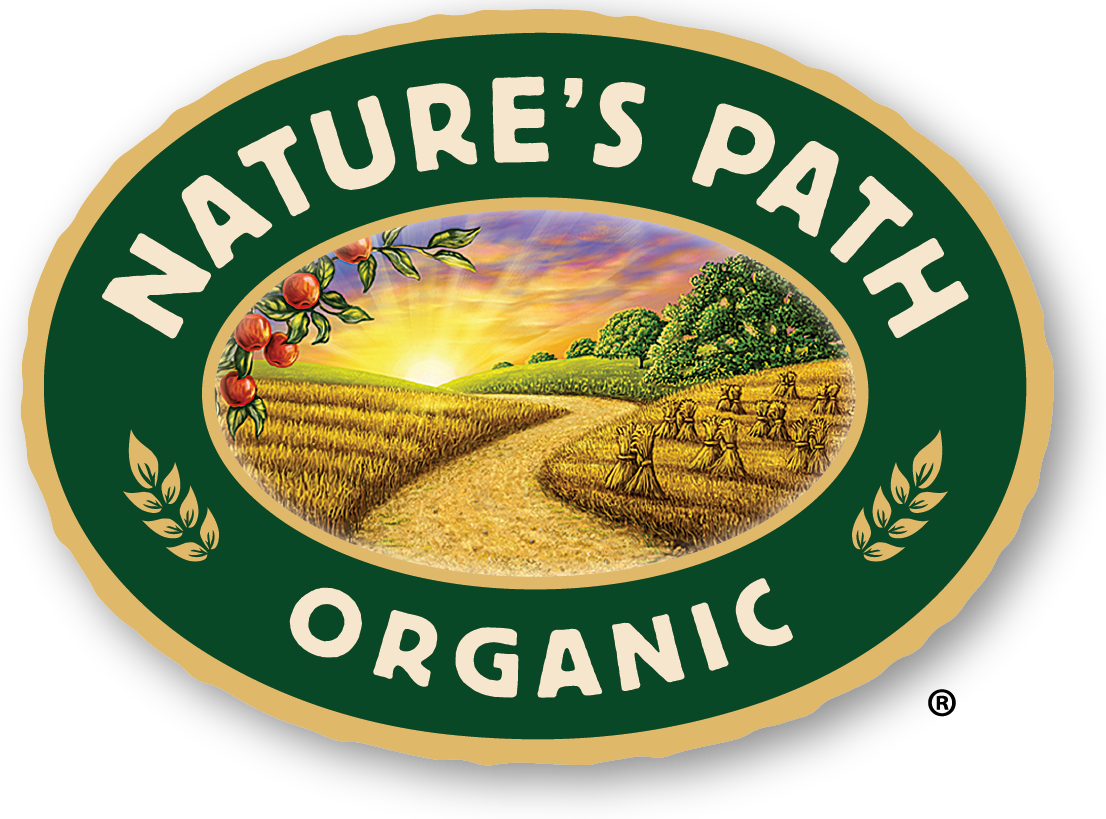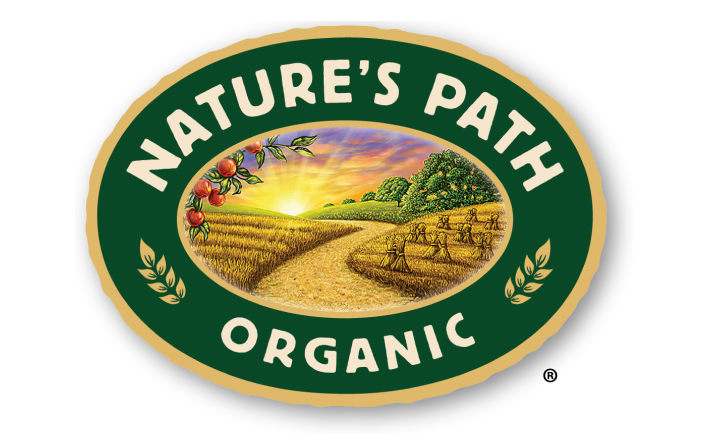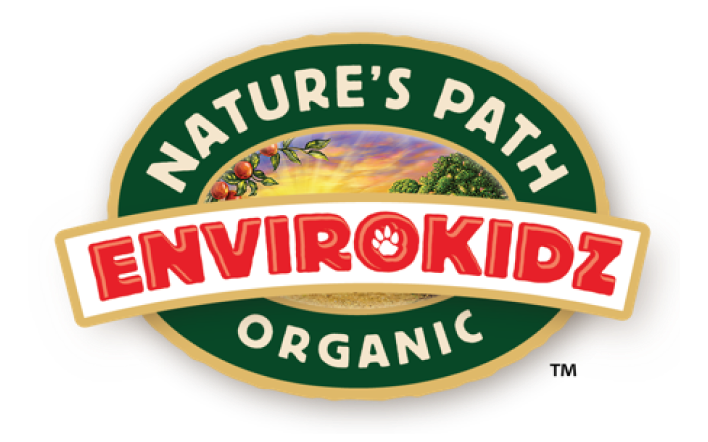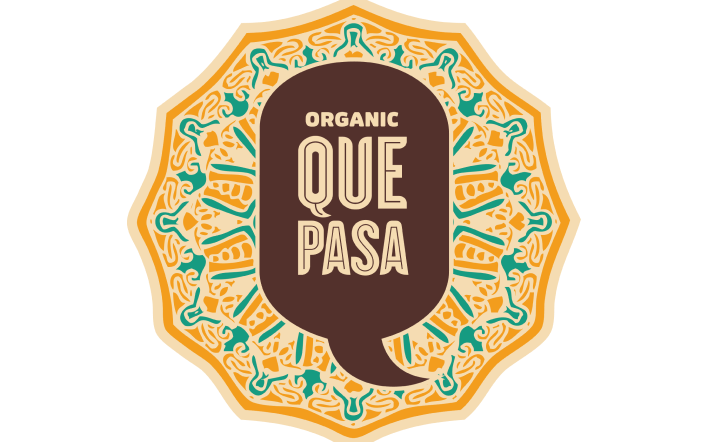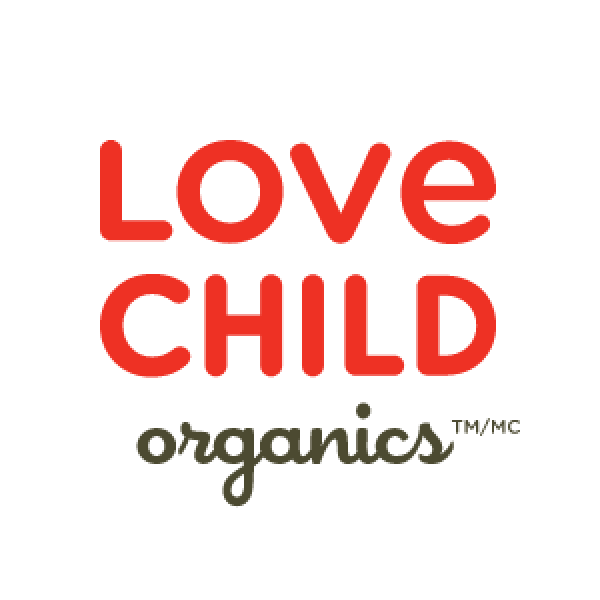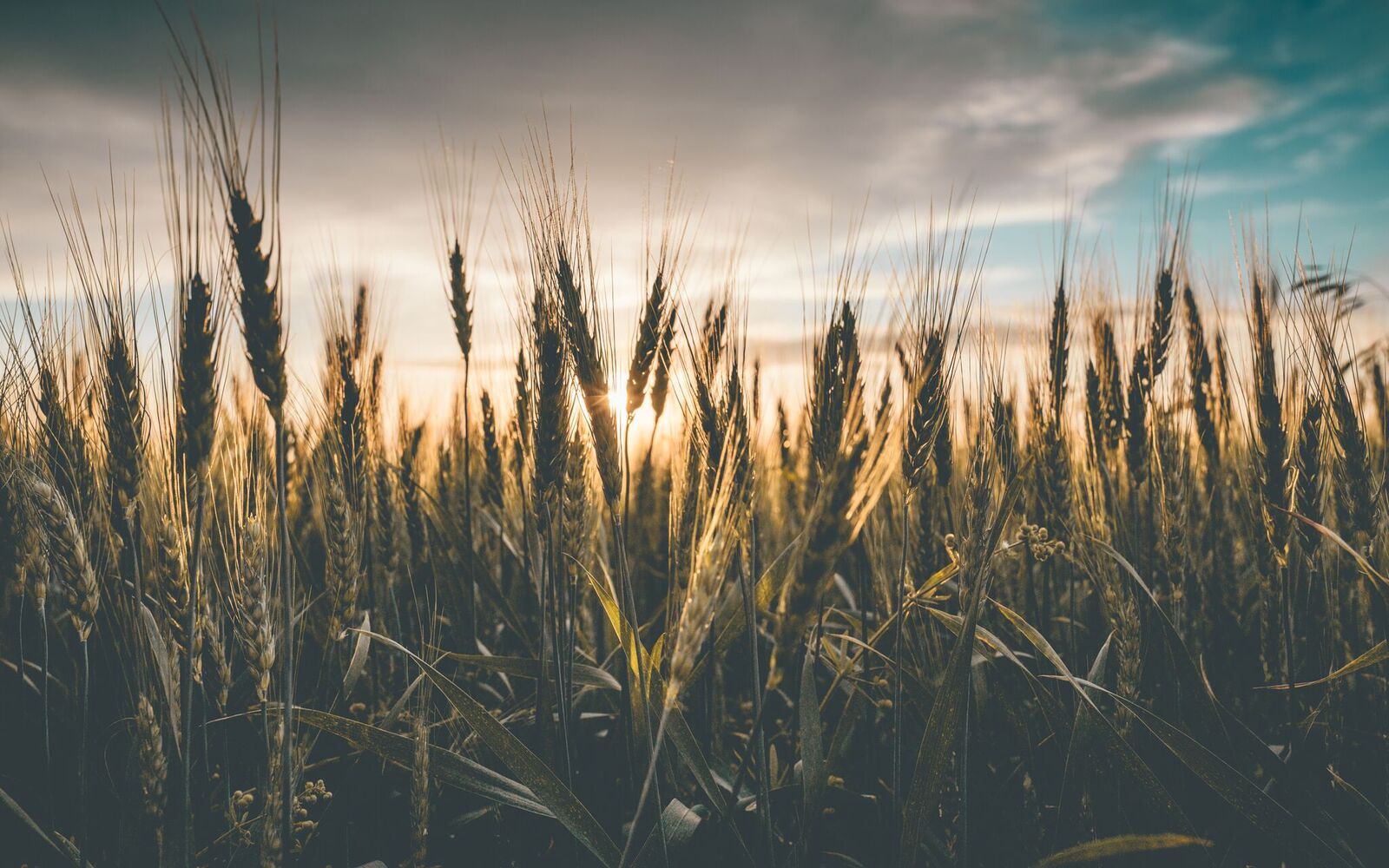
OUR FOOD CHOICES MATTER

Glyphosate
Recently, glyphosate has been in the headlines following a trial against Monsanto, a multinational agriculture biotechnology corporation and the producer of a leading weed-killing product containing glyphosate. The court ordered Monsanto to pay $289 million in damages to 46-year-old Dewayne Johnson, a former groundskeeper who had used the weed-killing product about 30 times a year. Without prior knowledge of its potential effects, Johnson was diagnosed with terminal cancer.
Glyphosate is the most widely used herbicide in the history of agriculture. Thankfully, this chemical is banned from use in organic farming. Nature’s Path believes pesticide companies must be held accountable for contaminating the general environment, and specifically organic farms. We call upon policymakers to completely ban the use of glyphosate and other synthetic agri-chemicals in all food production.

COMMON QUESTIONS ABOUT GLYPHOSATES
What is glyphosate?
Glyphosate is the active ingredient in Roundup® and is the most widely used herbicide in the history of agriculture. It’s a powerful weed killer used on genetically modified crops (also known as “Roundup Ready(r)” that have been created to resist any damage inflicted by this herbicide. In addition to being used in conventional (non organic) agriculture, glyphosate appears in more than 20 herbicides under different brand names (other than Roundup(r)).Where is glyphosate used?
Although banned for use in organic farming, glyphosate is a tool employed by many conventional farmers, who spray it on their fields between plantings in order to eliminate weed populations, use it directly on Roundup Ready(r) crops to kill the weeds but not the crop, and who use it as a desiccant on grain and bean crops to dry the crop in preparation for harvest. Unfortunately glyphosate use is also not limited to agriculture but is similarly used in everyday, household weed killers and most public parks and schools control weeds with it.Where is glyphosate found?
Because the practice of using glyphosate is so widespread in conventional agriculture, its residues are likely to wind up in certain foods. In 2016, the FDA released test results finding glyphosate residues in a number of grain products. More recently the EWG tested a number of oat-containing breakfast products and released a report with the findings showing varying levels of glyphosates in both non-organic and organic foods.Why is glyphosate being found in organic foods?
While organic farming certifications prohibit the use of glyphosate, organic products do not always end up completely free of glyphosate residue. While this news is disappointing, it is not entirely surprising. Glyphosate use has skyrocketed in the past decade. While never used on organic crops, glyphosate has the ability to adhere to soil particles long enough to travel through the air or in a stream runoff to nearby organic farms. The organic agriculture community has always been against the use of glyphosate and do not want it on their crops any more than consumers want glyphosate in their food. Companies like Nature’s Path have long advocated for the widespread ban of products such as glyphosate for fear not only of cross-contamination of organic crops, but for long term damage to the overall environment and the effect on humans.Why is glyphosate bad?
While independent research on the health impacts of low-level glyphosate residue is limited, studies show an increase in findings that point to glyphosate as a culprit in chronic health conditions and developmental disabilities. In 2015, the World Health Organization labelled it a probable carcinogen (meaning a substance capable of causing cancer).How do I know a product is glyphosate free?
Because glyphosate use has been so widespread in conventional agriculture the unfortunate answer is: you can’t. However, organic food is never sprayed with glyphosate and is banned from use on organic crops. In addition, organic farmers go out of their way to ensure there are buffers between their organic fields and fields treated with harmful synthetic chemicals. For these reasons, organic products are the best bet to avoid glyphosate and other harmful pesticides and herbicides.
WHAT WE’RE DOING TO PROTECT THE INTEGRITY OF FOOD
- In June we announced our resignation from the Organic Trade Association (OTA) over concern that their shifting commitments were no longer representing the core principles of the organic food movement. More about our protest to save organic here.
- We continue to purchase farmland in order to help increase the % of organic farmland and reduce the use of synthetic agri-chemicals in our environment. More on our effort to preserve organic farms here.
- Our family-owned company with a history of activism and a commitment to standing up for causes we believe in – especially when it comes to people’s access to food and water free of harmful chemicals. Learn more about our stance against pipeline expansion here.


